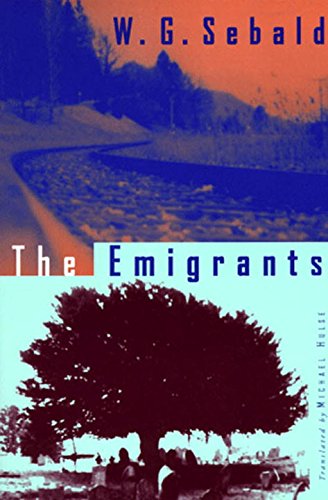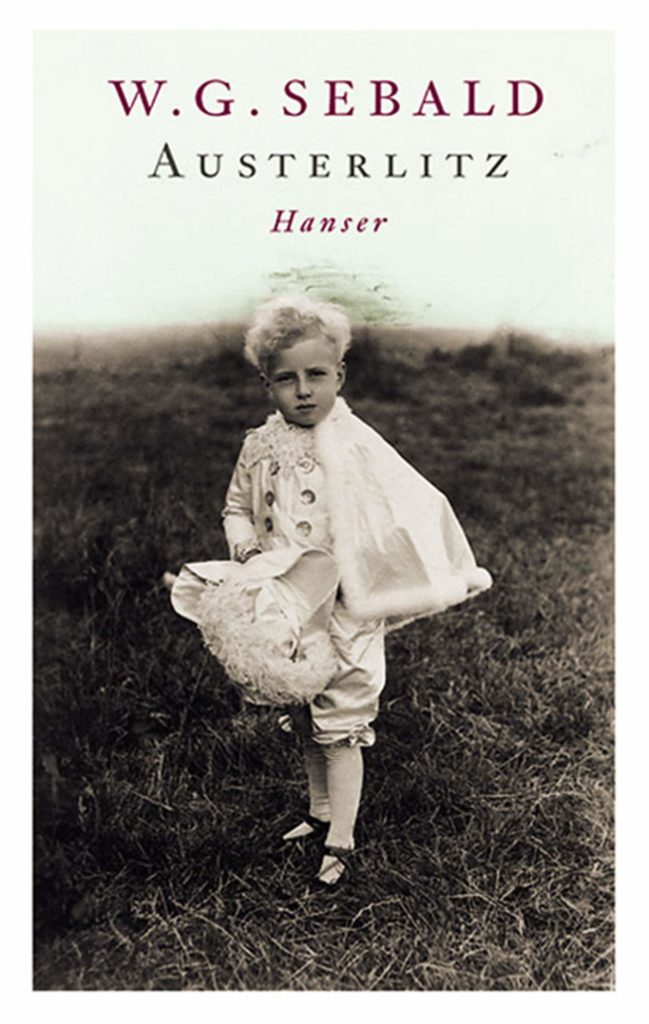Ülker Gökberk is Professor Emerita of German and Humanities at Reed College. She earned her Ph.D. in Germanics at the University of Washington (1986) and her M.A. and B.A. degrees in Philosophy at the University of Istanbul. She has been at Reed since 1986. Her forthcoming book is titled Excavating Memory: Bilge Karasu’s Istanbul and Walter Benjamin’s Berlin.
This Spring, Ülker will be leading Freud to W.G. Sebald: Narratives of Trauma, Trauma of Narrative. Here is what she has to say about this seminar!

What excites you about the writer (or texts) your Delve is focused on?
There are so many facets of Sebald’s writing that I find fascinating. Through his memory landscapes Sebald conjures up the past not only on a temporal but also a spatial trajectory. Decaying cities, dilapidated architectural structures, run down monumental buildings, revealing a glorious past, such as the Antwerp train station in Austerlitz, become ciphers of reading history. The trope of ruin functions as a reflection on and critique of the idea of progress. While Sebald’s narration of individual memory hints at its incompleteness, as in Freud’s notion of memory trace, his integration of individual stories into the plane of collective memory serves as rescuing of the past from forgetfulness.
Moreover, I find his blurring of fact and fiction through image and text truly exciting. Sebald’s prose style and his narrative techniques mimic the trauma experienced by his characters. The recurring themes Sebald explores, such as melancholy, repression, forgetting, and remembering invite us to seek references to other writers, such as Freud. However, Sebald’s novels are equally intriguing when read for themselves or in context. In my view, his representation of Holocaust memory, combining literary imagination, and philosophical and ethical questions stands out as a most affective work.
What can Delve participants learn from this writer/book?
For Delve participants, reading Sebald would offer immersing into captivating and multilayered stories. Without context, epistemological issues, literary-critical inquiries, they can just enjoy the reading, and the ever-unfolding surprises of the stories. One critic has said that despite all its depth, Sebald’s writing is easy to read, like Kafka. If participants want to explore historical, philosophical, and psychoanalytic dimensions, they will find ample threads to do so.
What can participants expect to happen in your Delve seminar?
The seminar participants would engage with the texts and one another, creating a genuine forum for inquiry and exchange of ideas. Our Sebald-readings extend to two seminal (short) essays by Freud. I would help establish connections, and if needed, explain some tenets of Freud’s thought. For me, the ideal forum requires both enthusiasm and critical distance.
What do you like most about being a Delve guide? What are you looking forward to?
My previous experience as a Delve guide has shown that this task brings its own surprises. As sophisticated readers and people with diverse life experiences, Delvies may tackle questions at hand from novel, unexpected dimensions. I have liked thinking through these new perspectives and meeting challenges. At the same time, because teaching is ingrained into my identity, I would like to share some knowledge with the group.
What is keeping you going during the pandemic?
Among the few activities that kept me sane and hopeful during the pandemic was engaging in intellectual matters with intelligent groups of people. Last year, I offered a seminar at an Istanbul-based cultural organization, similar to Literary Arts. I found it greatly rewarding, among other things because I felt least alienated to myself and the world while doing it.
Favorite books? Writers? Music? (Or other media)
Just a few examples of my favorite authors and books (the list is long):

- Thomas Mann, all novels and novellas, especially Death in Venice, The Magic Mountain.
- Orhan Pamuk, almost all his novels, especially The Black Book, The Museum of Innocence, Istanbul: Memories and the City.
- Elif Shafak, The Flea Palace, The Bastard of Istanbul, 10 Minutes 38 Seconds in this Strange World.
- Alfred Döblin, Berlin Alexanderplatz.
- W. G. Sebald, all novels and novellas, especially The Emigrants and Austerlitz.
- Vladimir Nabokov, Glory, The Real Life of Sebastian Knight.
- André Aciman, Out of Egypt.
I like to listen to modern classics, such as Mahler, Schoenberg; I also like Kurt Weill, Eric Satie, jazz, Sufi music, opera.


